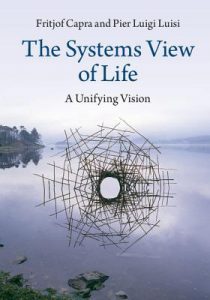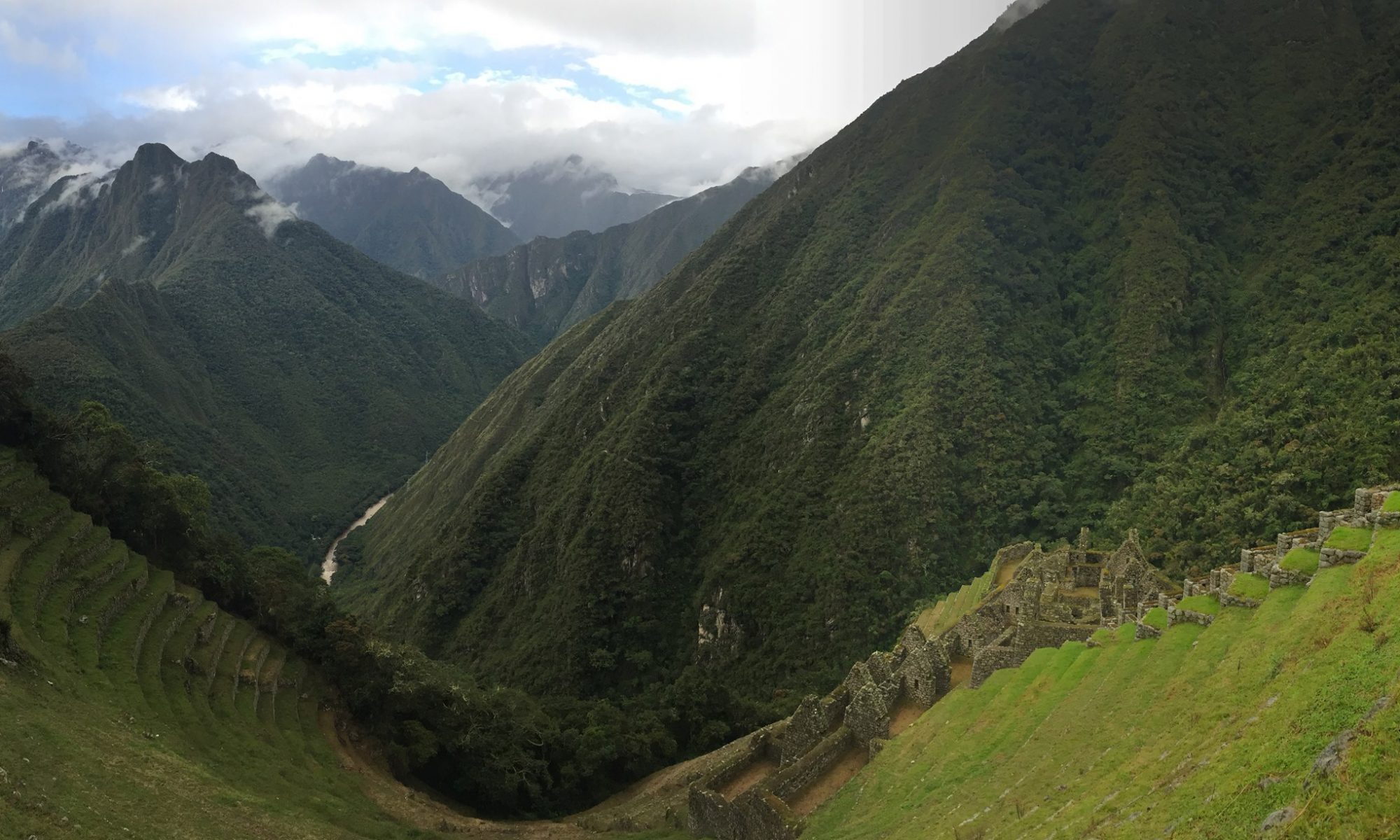(A book review. Sort of.)
I had heard of Fritjof Capra in university, but my classmates and I were all so caught up with Arne Næss’ Nordic O.G. appeal that I don’t recall ever us getting deep enough into Deep Ecology to learn much of or from Capra.
I was missing out.
The Systems View of Life explores the world we are part of, and our role within it, both as a means of understanding the systems that comprise and sustain the Earth, and of offering solutions to many of the issues facing the world today through a paradigm shift to a systemic point of view.
The systemic viewpoint is key because of our inextricable link to the Earth and its systems. Indeed, as Capra & Luisi state: “We can never speak about nature without, at the same time, speaking about ourselves” (p. 74). This connection to the natural world is a key tenet of Deep Ecology, a term coined by Næss (that dude from paragraph 1) to refer to a worldview that recognizes the inherent value and dignity in all living things—not simply those that are of use or benefit to humankind—and the belief that a fundamental shift in perception and policy is required if we are to preserve the diversity and health of the Earth as a whole (see Drengson, 2012).
Capra & Luisi’s book proposes that the only viable solutions to the crises facing the world today—from energy and environment to food and finance—are sustainable approaches that work within the systemic realities of the Earth. Our assumption that resources, rewards, and growth are finite needs to be radically reframed if we are to find long-term solutions that maintain the health of all Earth’s systems.
To contextualise the paradigm shift that needs to occur, the authors delve into various ways of knowing from micro to macro levels: from the history of mathematics and science, and the evolution of these fields, to the development of the social, political, and economic systems that are prevalent in the world today. While recognizing both the contributions and the limitations of these systems, Capra and Luisi illustrate a shift from a siloed, quantitative, structural approach to understanding the world to an interrelated, qualitative series of processes.
As the authors move towards addressing solutions for the crises arising from our outdated worldviews, they pose a very ‘Cohort 21’-type question: “How [might*] we transform the global economy from a system striving for unlimited quantitative growth, which is manifestly unsustainable, to one that is ecologically sound and socially just?” (p. 371) Is not this something we should always have in our minds as educators?
*okay, the actual text says ‘can’ rather than ‘might,’ but come on: it’s so close!
I’d recommend this book for anyone, really, as education is such an important component of ecological literacy. Specifically, read this book if:
–you’ve never thought about math or science from an historical perspective;
–you’ve never thought about social science from an ecosystems perspective;
–you think unmitigated economic growth is a feasible, good idea;
–you are interested in systems thinking;
–you believe there is inherent value in all forms of life;
–you believe that Earth [is] really dying;
–you want an inspiring read that feels intellectually stimulating but still accessible.
(I’m being a bit cheeky here, but I think you get the point. I also think that if you were interested by @gnichols‘ review of Doughnut Economics, or have read and enjoyed that book, there are some similar concepts and themes at work here.)
Capra, F. & Luisi, P. L. (2016).The Systems View of Life: A Unifying Vision. Cambridge: Cambridge University Press.
Drengson, A. (2012.) “Some Thought on the Deep Ecology Movement.” Foundation for Deep Ecology. Retrieved from http://www.deepecology.org/deepecology.htm


This book sounds great Jess! Thanks for putting it on my radar.
@jsheppard , I apologize for the ridiculously delayed comment on this post. It’s been sitting with me for some time, and suddenly – perhaps with the some space on a reflective Sunday morning – my thoughts seem to be stirring again. Thank you for this! There are so many rich implications to the ideas you’ve captured, particularly perhaps as we learn to more clearly acknowledge the shift we are at once pushing and experiencing in education. In our own little shared community (Rosseau Lake) for instance, I believe we’ve tangibly experienced the unending value of listening – inviting, hearing and acknowledging each other, constructing learning together. I often return to the idea of an ecosystem, and how incredible (and essential) are the implications of instilling this perspective in the change-makers of tomorrow. It is not enough to simply present these ideas in what we teach, they must also be present in who and how we are.
Awesome Jester.
I’ve also been going through a “trash” reading phase that I’m about done with (I’m ready to reignite!). Maybe I’ll walk down to West Gate later today and demand to borrow this book from you 🙂
Thanks, Jeeves! (@gvogt) But don’t walk down, because I’ve already lent this book out and you’ll have to keep going for another 250-300k: that’s some high mileage! Will get you ready for ATB though! 😉 Anyway, appreciate the kind words, and hope to keep these discussions going as we look at programming in our own little ecosystem!